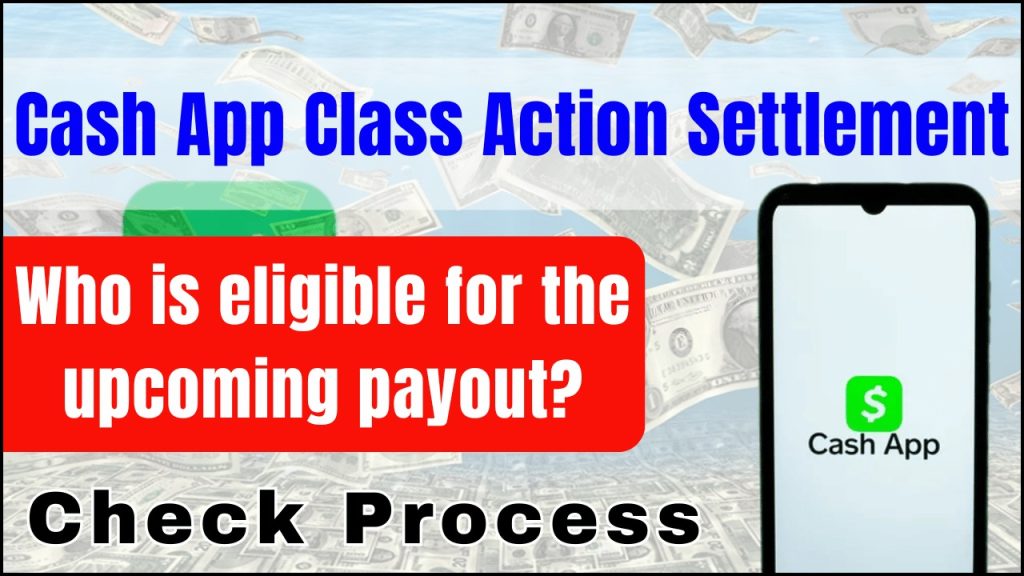
The Consumer Financial Protection Bureau (CFPB) has levied substantial penalties against Block, Inc., the company operating Cash App, following critical security failures and consumer rights infringements. The organization has been directed to provide up to $120 million in customer reimbursements and pay a $55 million fine to the CFPB’s victim compensation fund.
With a user base exceeding 56 million active accounts, Cash App has established itself as one of America’s leading peer-to-peer payment services. Despite its widespread adoption, the company failed to implement sufficient security protocols, leaving millions of customers vulnerable to fraudulent activities and unauthorized transactions.
The CFPB’s inquiry revealed that Block, Inc. provided misleading information to users, conducted superficial investigations into unauthorized transactions, and failed to offer customers proper recourse. This class action resolution aims to compensate affected consumers and enforce stricter adherence to federal consumer protection regulations.
(Read Also – Wells Fargo Class Action Settlement 2025)
How Cash App Users Were Affected
Cash App customers were left unprotected due to inadequate security measures. Bad actors exploited these vulnerabilities, resulting in unauthorized payments that many users found difficult to contest.
Rather than properly investigating customer complaints, Cash App frequently directed victims to their banking institutions. This guidance was deceptive, as federal regulations require peer-to-peer payment platforms like Cash App to handle such disputes themselves.
Fraud victims encountered significant obstacles when attempting to contact Cash App’s customer service. The telephone number printed on Cash Cards led to automated systems offering minimal assistance. Users were typically forced to rely on in-app messaging or traditional mail correspondence, which delayed responses and left many without timely support.
Fraudsters took advantage of these communication deficiencies. They impersonated Cash App representatives and deceived users into sharing sensitive information, resulting in additional fraud cases. Despite awareness of these issues, Cash App failed to take prompt action to safeguard its customers.
(Read Also – $1,702 April Stimulus Payment Coming in April 2025)
Key Issues Identified in the CFPB’s Investigation
Insufficient Fraud Investigation
Cash App violated the Electronic Fund Transfer Act (EFTA) by failing to properly investigate unauthorized transactions. The company prematurely closed many cases without thorough review, denying customers their rightful reimbursements.
Misleading Service Terms
Cash App’s Terms of Service incorrectly suggested that users’ banks should handle disputes regarding unauthorized transactions. This misled consumers and contradicted federal requirements mandating that the application itself investigate such issues.
Inadequate Customer Assistance
Cash App’s customer service infrastructure was essentially dysfunctional. Users couldn’t access live support through the provided phone numbers. The absence of effective communication channels made it exceptionally difficult for fraud victims to receive assistance.
Security Vulnerabilities
Cash App’s security deficiencies left users susceptible to external scams. Fraudsters posed as Cash App representatives and targeted users searching for customer support online. Cash App neglected to implement stronger protective measures despite knowledge of these scams.
Breakdown of Financial Penalties
The CFPB enforced financial penalties totaling $175 million. The penalties are divided into two primary components:
| Penalty Type | Amount | Purpose |
|---|---|---|
| Consumer Reimbursements | Up to $120M | Compensate users affected by unauthorized transactions, delayed investigations, and account restrictions |
| CFPB Victims Relief Fund Penalty | $55M | Contribute to the CFPB’s fund for victims of financial fraud and consumer rights violations |
Affected consumers will not need to submit individual claims. Block is required to identify impacted users and issue refunds directly. The CFPB will oversee the process to ensure compliance.
Who Qualifies for Reimbursement?
Several categories of Cash App users are eligible for compensation under the settlement:
- Users whose unauthorized transactions were inadequately investigated
- Fraud victims who didn’t receive entitled refunds
- Users whose accounts were restricted for extended periods without provisional credits
Refunds will be processed automatically. Affected users will be notified directly by Cash App.
How the Settlement Affects Cash App Users
The CFPB order requires significant operational changes at Cash App. These reforms aim to protect users and prevent future violations.
24/7 Customer Support
Cash App must establish round-the-clock live customer support. Users will now have access to immediate assistance for disputes and account issues.
Strengthened Fraud Prevention
More robust security protocols are required to minimize unauthorized transaction risks. This includes improved fraud detection systems and faster responses to suspicious activities.
Clear Dispute Procedures
Cash App must clearly inform users of their rights under the Electronic Fund Transfer Act and simplify the dispute process for reporting unauthorized transactions.
Regular Compliance Reviews
The CFPB will conduct periodic audits to verify Cash App’s compliance with consumer protection laws. These evaluations will assess the company’s fraud prevention strategies and customer service improvements.
Understanding the Electronic Fund Transfer Act (EFTA)
The Electronic Fund Transfer Act (EFTA) protects consumers from unauthorized electronic transactions. It requires financial institutions and peer-to-peer payment platforms to investigate unauthorized transactions and provide timely refunds.
Key consumer rights under EFTA include:
- 60-Day Reporting Window: Users have 60 days from the statement date to report unauthorized transactions
- Prompt Investigations: Service providers must complete investigations within 10 business days
- Provisional Credits: If additional investigation time is needed, provisional credits must be issued to affected users
Cash App’s failure to meet these requirements prompted the CFPB’s intervention.
Broader Implications for the Financial Technology Industry
The Cash App Class Action Settlement serves as a warning for the fintech industry. As digital payment platforms grow increasingly popular, the need for robust security measures and transparent dispute resolution becomes more critical.
This case emphasizes the importance of regulatory oversight. Financial technology companies must comply with federal laws designed to protect consumers from fraud and deceptive practices. Ignoring these responsibilities can result in severe penalties, as demonstrated by the CFPB’s action against Block.
The settlement also encourages consumers to understand their rights. Users of digital payment platforms should be aware of legal protections like the EFTA and demand accountability from service providers.